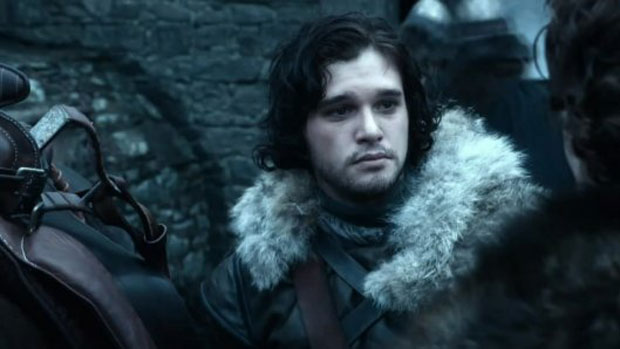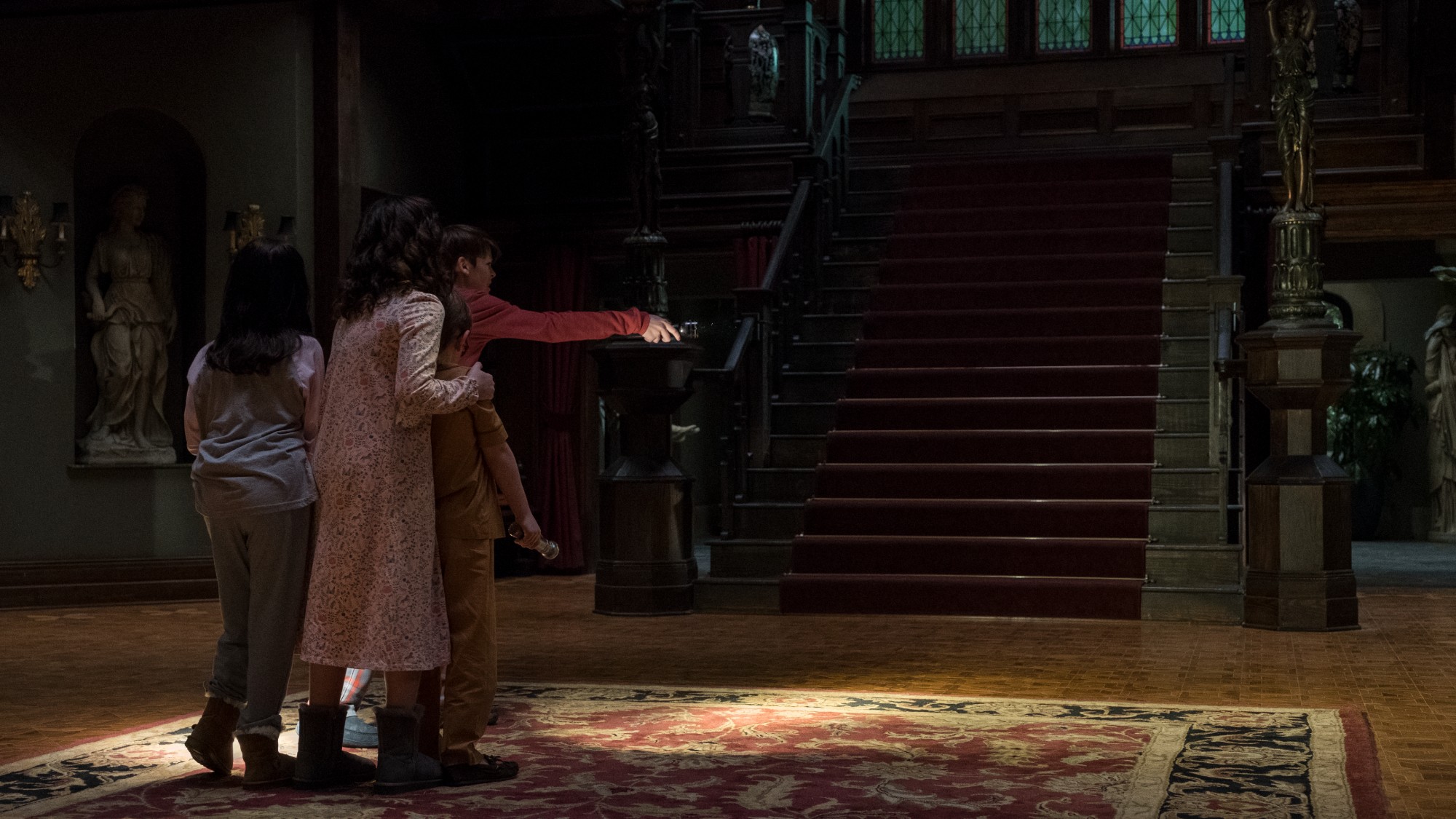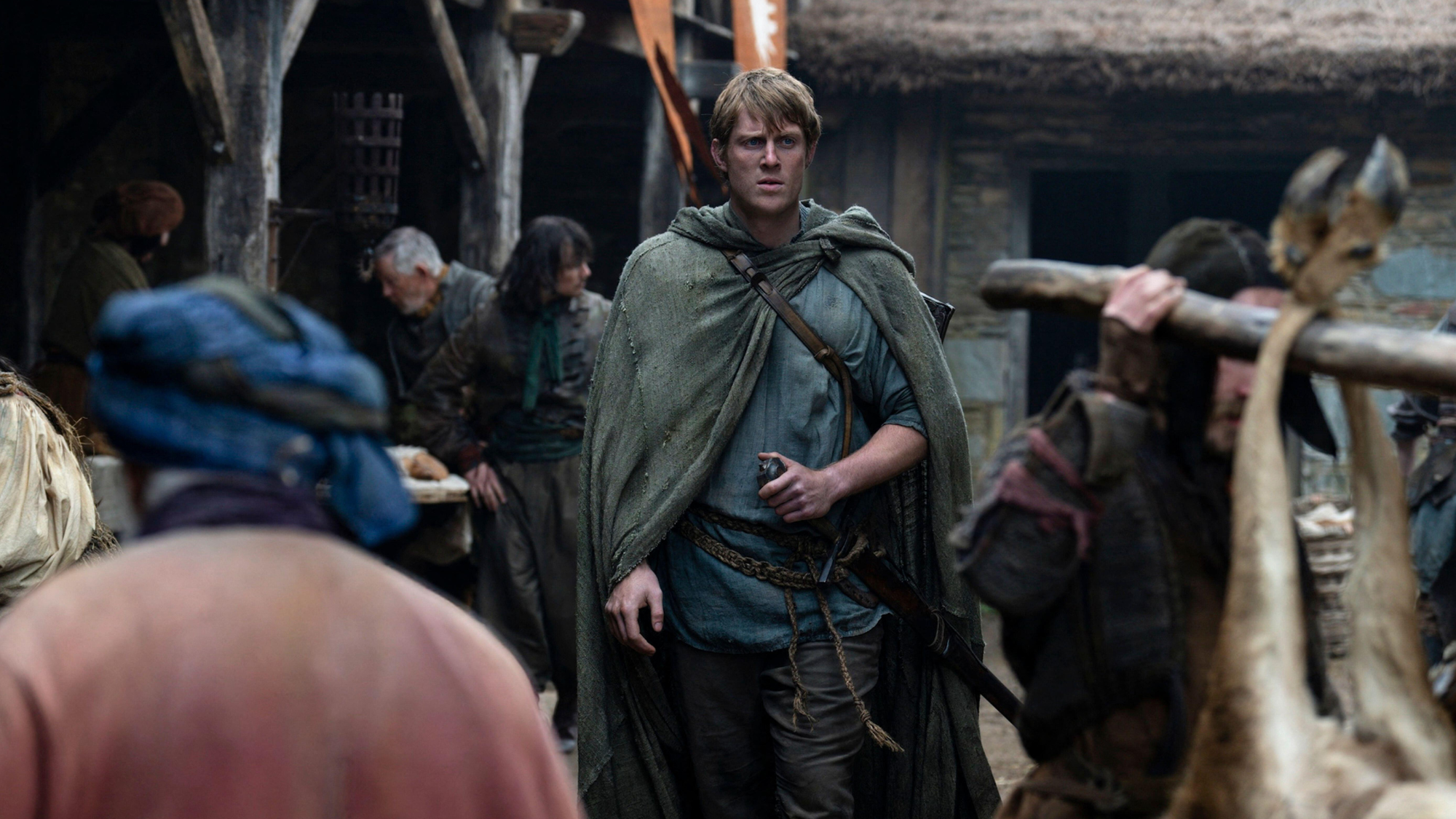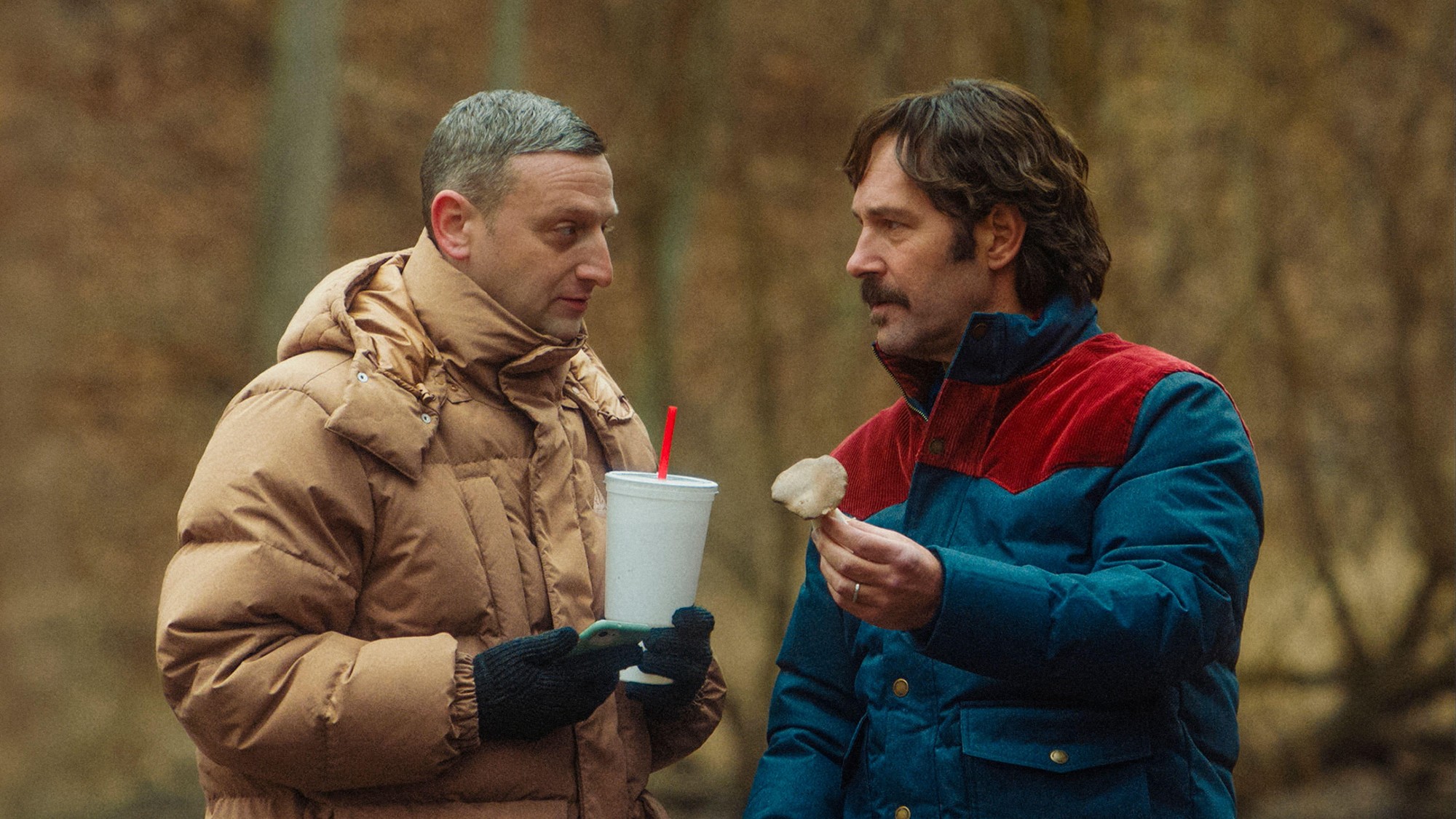Game of Thrones simulcast: US-UK time lag hits zero
But why, in the age of video-on-demand, do Brits need to be up at 2am to enjoy the thrill?

A free daily email with the biggest news stories of the day – and the best features from TheWeek.com
You are now subscribed
Your newsletter sign-up was successful
BACK in the 1980s, when I was at primary school, friends who went on holiday to the United States would come back with a glimpse of the future. For six months at least, every new film release would be met with the same lofty response. “Oh yeah,” they’d say, “I saw that when I was in America.”
Back to the Future, for instance, came out in the US on 3 July, 1985, but British school kids had to wait until 4 December to catch up with their jet-setting classmates. Over the years, the gap between American and British release dates narrowed, but it has not entirely disappeared.
When cinemas still used analogue film, there was a good – if somewhat archaic – reason for the delay. In order to keep costs down, expensive reels of celluloid were produced in limited numbers. Britain therefore had to wait until American interest subsided and US cinemas could ship us their spare inventory.
The Week
Escape your echo chamber. Get the facts behind the news, plus analysis from multiple perspectives.

Sign up for The Week's Free Newsletters
From our morning news briefing to a weekly Good News Newsletter, get the best of The Week delivered directly to your inbox.
From our morning news briefing to a weekly Good News Newsletter, get the best of The Week delivered directly to your inbox.
Since the arrival of digital projection, film scheduling has been dictated by a cold sales calculation: at what point is the revenue generated by the hype of a delayed release wiped out by the losses inflicted by online piracy? That means the gap is usually one week, but the biggest blockbusters (which are also the most pirated titles) are often released on the same day throughout the US and Europe.
In TV, too, the time lag has withered away and big, set-piece programming now arrives in the US and UK at about the same time. The trend will reach a slightly absurd conclusion when the new season of Game of Thrones begins with a simultaneous broadcast on both sides of the Atlantic at 9pm on Sunday, 6 April. That’s 9pm on the east coast of America – which in Britain is Monday morning at 2am.
The anti-social timing is a sign of an unresolved struggle within broadcasting. In the digital era of streaming, on-demand video, centrally dictated schedules make little sense. But TV companies – and the advertisers that fund them – are unwilling to give up that power. We’re still worth more to them if we all tune in at the same time.
The rise of internet catch-up services, led by the (non-commercial) BBC’s iPlayer, began to blur the conventions of linear scheduling, but it took an outsider to blow them away completely. Netflix, which started life as a DVD-rental service and now commissions well-regarded TV programmes, makes no attempt to restrict its subscribers to set viewing times.
A free daily email with the biggest news stories of the day – and the best features from TheWeek.com
When the second series of the Netflix show House of Cards was released last month, every episode was available for download at the same time. Subscribers, wherever they were in the world, could watch any episode at any time they pleased. With the gradual rise of the internet-connected “smart TV”, it can’t be long before we watch all television in this way.
That’s not entirely good news. Without a regular stream of episodes, it may be harder for new programmes to build an audience over time. We will have to seek them out by design, rather than happen upon them serendipitously.
And, for all the control it offers, self-scheduling creates new inconveniences. Watching serial drama today can feel like being trapped in that episode of The Likely Lads in which Terry and Bob spend a day dodging the football score so they can see the TV highlights in blissful ignorance.
Now, with Twitter and Facebook full of TV chat and everyone watching programmes at their own pace, you’re never more than a click away from an unwanted plot-spoiler.
The concept of the spoiler alert hadn’t reached playgrounds in the 1980s – and in any case there were swift, direct ways of dealing with offenders. But the age of TV-on-demand might require new rules of etiquette, both on and offline.
Holden Frith tweets at @holdenfrith
Holden Frith is The Week’s digital director. He also makes regular appearances on “The Week Unwrapped”, speaking about subjects as diverse as vaccine development and bionic bomb-sniffing locusts. He joined The Week in 2013, spending five years editing the magazine’s website. Before that, he was deputy digital editor at The Sunday Times. He has also been TheTimes.co.uk’s technology editor and the launch editor of Wired magazine’s UK website. Holden has worked in journalism for nearly two decades, having started his professional career while completing an English literature degree at Cambridge University. He followed that with a master’s degree in journalism from Northwestern University in Chicago. A keen photographer, he also writes travel features whenever he gets the chance.
-
 The Olympic timekeepers keeping the Games on track
The Olympic timekeepers keeping the Games on trackUnder the Radar Swiss watchmaking giant Omega has been at the finish line of every Olympic Games for nearly 100 years
-
 Will increasing tensions with Iran boil over into war?
Will increasing tensions with Iran boil over into war?Today’s Big Question President Donald Trump has recently been threatening the country
-
 Corruption: The spy sheikh and the president
Corruption: The spy sheikh and the presidentFeature Trump is at the center of another scandal
-
 February TV brings the debut of an adult animated series, the latest batch of ‘Bridgerton’ and the return of an aughts sitcom
February TV brings the debut of an adult animated series, the latest batch of ‘Bridgerton’ and the return of an aughts sitcomthe week recommends An animated lawyers show, a post-apocalyptic family reunion and a revival of a hospital comedy classic
-
 The 8 best hospital dramas of all time
The 8 best hospital dramas of all timethe week recommends From wartime period pieces to of-the-moment procedurals, audiences never tire of watching doctors and nurses do their lifesaving thing
-
 The 8 best horror series of all time
The 8 best horror series of all timethe week recommends Lost voyages, haunted houses and the best scares in television history
-
 How does A Knight of the Seven Kingdoms compare to Game of Thrones?
How does A Knight of the Seven Kingdoms compare to Game of Thrones?Talking Point George R.R. Martin prequel is more ‘fun’ but still has plenty of blood and guts
-
 Scoundrels, spies and squires in January TV
Scoundrels, spies and squires in January TVthe week recommends This month’s new releases include ‘The Pitt,’ ‘Industry,’ ‘Ponies’ and ‘A Knight of the Seven Kingdoms’
-
 The 8 best comedy movies of 2025
The 8 best comedy movies of 2025the week recommends Filmmakers find laughs in both familiar set-ups and hopeless places
-
 The best drama TV series of 2025
The best drama TV series of 2025the week recommends From the horrors of death to the hive-mind apocalypse, TV is far from out of great ideas
-
 The 8 best drama movies of 2025
The 8 best drama movies of 2025the week recommends Nuclear war, dictatorship and the summer of 2020 highlight the most important and memorable films of 2025